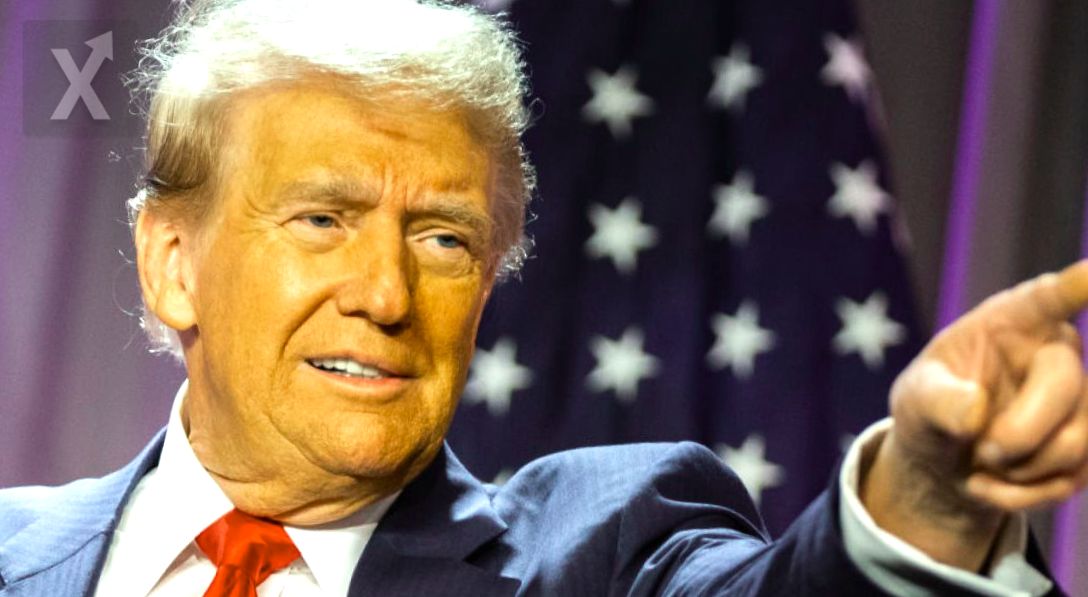Trump Issues "100%" Tariff Warning Against BRICS

President-elect of the United States, Donald Trump, ventured this Saturday to threaten 100% tariffs on the nations that make up the BRICS group if they attempt to undermine the dollar's global dominance. " We demand that they commit to never create a new BRICS currency, and to not support any other currency that could compete with the mighty U.S. dollar or they will face 100% tariffs," Trump wrote on his social media platform, Truth Social, referring to this group of countries that includes Brazil, Russia, India, China, and South Africa, among others.
This warning comes after a BRICS summit in Kazan, Russia, where members discussed ways to increase transactions in currencies other than the dollar and strengthen local currencies. Since its formation in 2009, the BRICS group has grown to include nations like Iran, Egypt, and the United Arab Emirates. During the meeting in Kazan in October, Moscow announced that for now, it would not move forward with the creation of a common currency for the bloc, considering the proposal is still not "mature." "Regarding a unified BRICS currency, at this moment we are not considering that option," commented the host president, Vladimir Putin. He added that few advancements have been made in creating a banking information system to compete with SWIFT, which is fundamental for international financial transactions. Trump has been promoting a protectionist policy for his upcoming term starting in January. If the BRICS persist in their intentions, "they should say goodbye to selling in the great economy of the United States," the president wrote. "They will have to find another fool! There is no way the BRICS can replace the U.S. dollar in global trade, and any nation that attempts to do so must bid farewell to the United States," emphasized the president-elect.
Trump's stance highlights the vulnerability of emerging economies in the face of U.S. protectionist policies. If BRICS countries seek to diversify their transactions, they will face significant challenges. This underscores the importance of a strategic and cohesive approach in formulating economic policies that will not only enable resilience against external pressures but also strengthen their own local economies.






